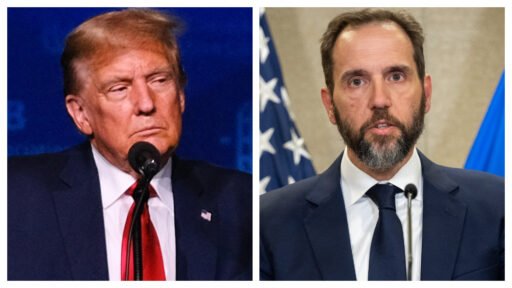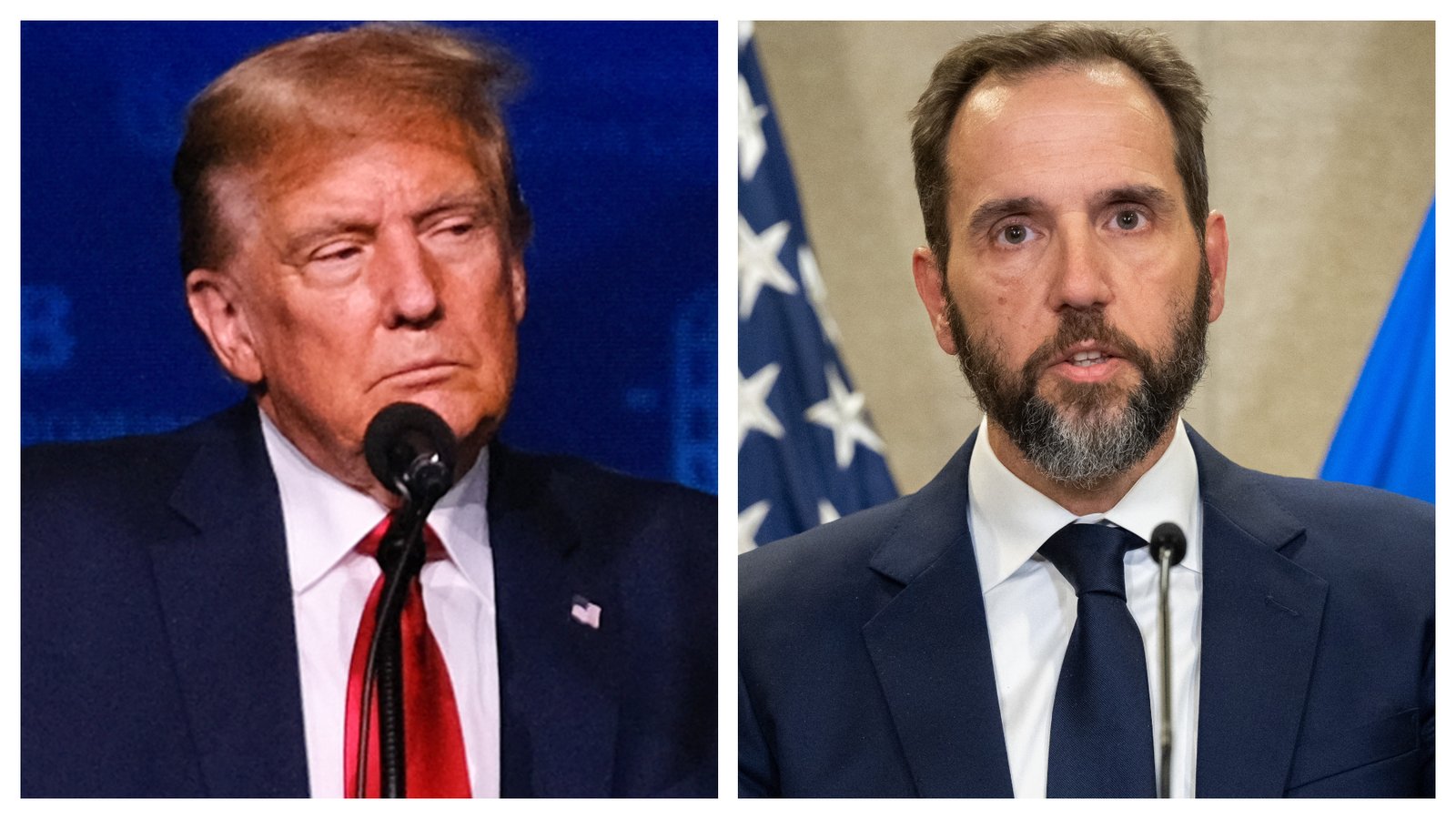District of Columbia Judge Tanya Chutkan released a redacted version of the addendum to special counsel Jack Smith’s immunity motion on Oct. 18, offering more information about the evidence supporting his prosecution of former President Donald Trump.
So far, the tranche of published evidence consists of four volumes and almost 1,900 pages, although much of the files are sealed or redacted.
Trump described Smith’s motion as “full of falsehoods” and said the Justice Department violated its policy of avoiding actions that could influence an election.
“This entire case is a partisan and unconstitutional witch hunt, which should be dismissed entirely, just as the Florida case was dismissed!” the former president said in a statement earlier this month in response to Smith’s presentation.
Volume I consists of a series of interviews from the House Select Committee on January 6, while Volume II consists primarily of tweets from the former president.
Volumes III and IV include much publicly available information, such as archived White House web pages, Trump-Pence campaign emails, and press releases. Volume III also features highlights from Pence’s book, “So Help Me God,” which he published in 2022.
Other documents in Volume IV show the budget and details of the trip. Another portion contains a redacted version of the special counsel’s report on former White House counsel Peter Navarro’s alleged violation of the Hatch Act.
Moment before the elections
It came after weeks of wrangling over wording and timing. Chutkan had authorized its launch with an October 10 order, but delayed the effects of the launch for seven days. Trump’s lawyers responded on October 17 with a delay request release until November 14, after the presidential elections.
The filing containing the request argued that Chutkan should simultaneously release Smith’s and Trump’s evidentiary appendices. Trump is expected to file his own lengthy immunity brief on November 7. His initial motion to dismiss based on presidential immunity prompted the Supreme Court’s intervention and a subsequent ruling in July that led Smith to file a superseding indictment.
Smith’s immunity motion, filed Oct. 2, represents an attempt to assert that the superseding indictment’s allegations do not fall under any of the categories of immune behavior established by the Supreme Court’s July decision.
That decision led to the pretrial process finally restarting after months of delay while Trump’s immunity motion went through the appeals process.
On October 16, Chutkan also weighed in on Trump’s motion to compel prosecutors to conduct various forms of discovery:denying most of the categories of tests you requested.
Chutkan said in his Oct. 17 order that if he followed Trump’s request to delay the release of Smith’s addendum, he would be engaging in a form of election interference.
“If the court withheld information that the public had a right to access solely because of the potential political consequences of revealing it, that withholding could itself constitute, or appear to be, election interference,” he said in his report. five page order.
“Therefore, the court will continue to keep political considerations out of its decision-making, rather than incorporating them as requested by the defendant.”
It’s unclear how the evidence contained in Smith’s immunity motion and addendum will affect voters, if at all. Smith has provided extensive details of communications between Trump, White House staff and his campaign around the time of the 2020 presidential election.
Trump’s lawyers requested the simultaneous release of his appendices to provide a “balanced” picture to voters.
Chutkan rejected this argument, stating on October 17: “Leaving aside the contradictory proposition that the public’s understanding of this case will be enhanced by withholding information about it, any public debate on the issues in this case has no bearing on the resolution of the case.” court. those problems.”





